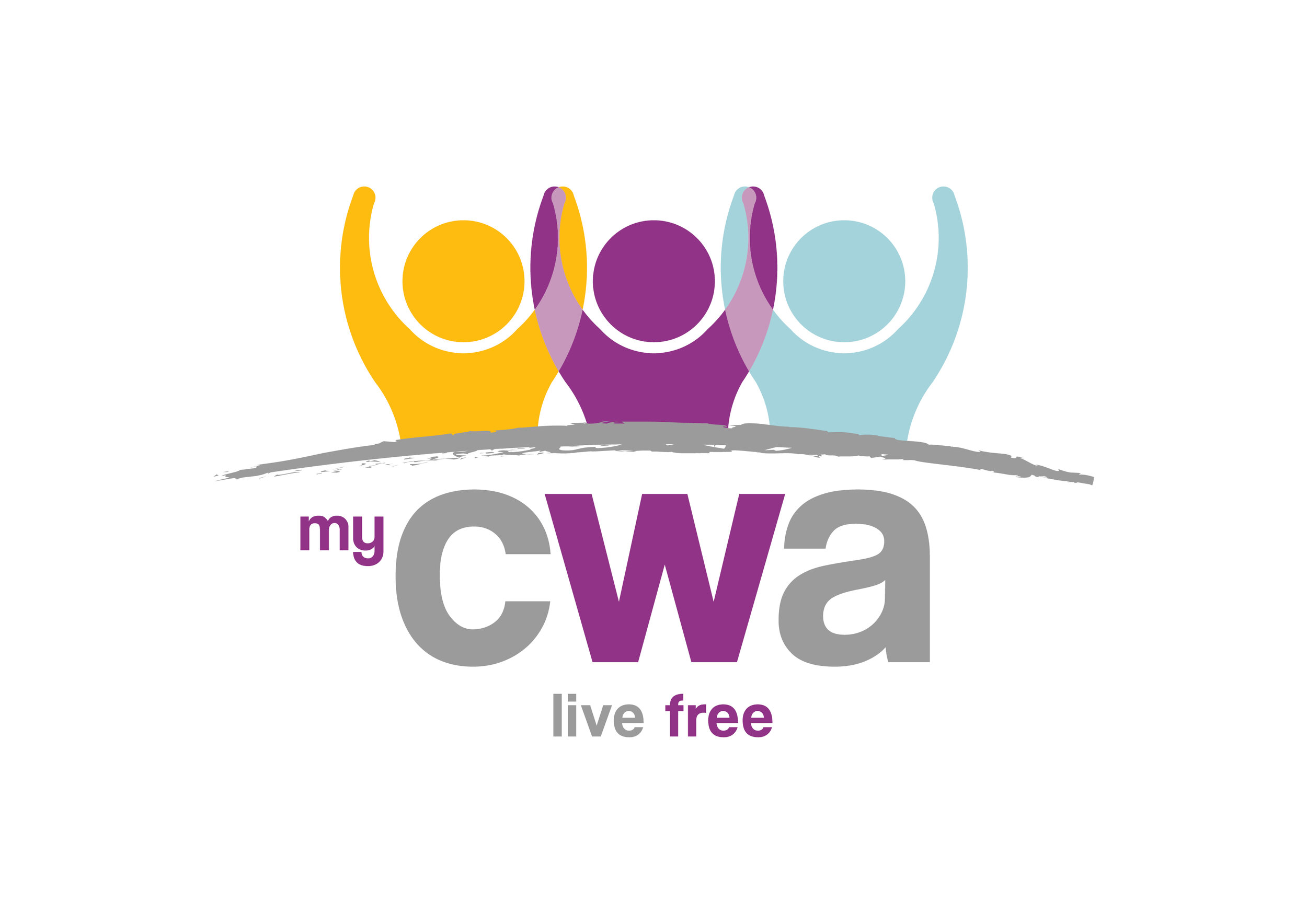emotional abuse
If your partner has ever manipulated you, humiliated you or made you feel scared of leaving them, they might be emotionally abusing you.
Emotional abuse can be frightening and hugely damaging to your self-esteem. It can leave you feeling depressed, anxious or even suicidal.
What behaviours does emotional abuse involve?
Emotional abuse is very closely linked with verbal abuse.
But while verbal abuse is characterised by aggressive or violent use of deliberately hurtful language, emotional abuse incorporates a wider pattern of behaviour that’s designed to diminish your identity, dignity and self-worth.
Emotional abuse isn’t any less serious – or less damaging – than physical or sexual abuse.
It isn’t “only” emotional abuse just because the harm isn’t visible. We’ve listed some examples of emotionally abusive behaviour below:
Humiliating you
Isolating you from friends and family
Blaming you
Intimidating you
Making you feel scared to leave
Bullying you
Undermining you
Being dismissive of your feelings
Accusing you of being oversensitive if you speak up
Making you feel guilty
If you’ve experienced any of the behaviours listed, we are here to help. We care. The only person responsible for emotional abuse is the abuser. It is not your fault. Call us now if you need to talk.
“It’s just banter…”
“The playful and friendly exchange of teasing remarks” – that’s the dictionary definition of ‘banter.’
There’s a clear difference between friendly, playful, equal and deliberately hurtful.
If the ‘jokes’ are belittling, critical, hurtful or make you feel like you’re going crazy, they aren’t playful or friendly. They are emotionally abusive. They’re intended to make you feel worthless, manipulate you and control your behaviour.
“But he didn’t hit me…”
The damage caused by emotional abuse is easier to hide than the bruises, scars or broken bones left by physical abuse.
But emotional abuse can be just as damaging, just as long-lasting and just as harmful to your mental health and self-esteem.
Never let anyone minimise your experience of emotional abuse just because they can’t see your scars. Remember, this isn’t your fault. You aren’t to blame.
If you’re concerned about your relationship, visit our get help pages. For more about how we can help you, see our services page.
Or for urgent temporary crisis accommodation, call our 24-hour helpline on 0300 123 5101 (or 01270 250390 if you’re calling from another area).

